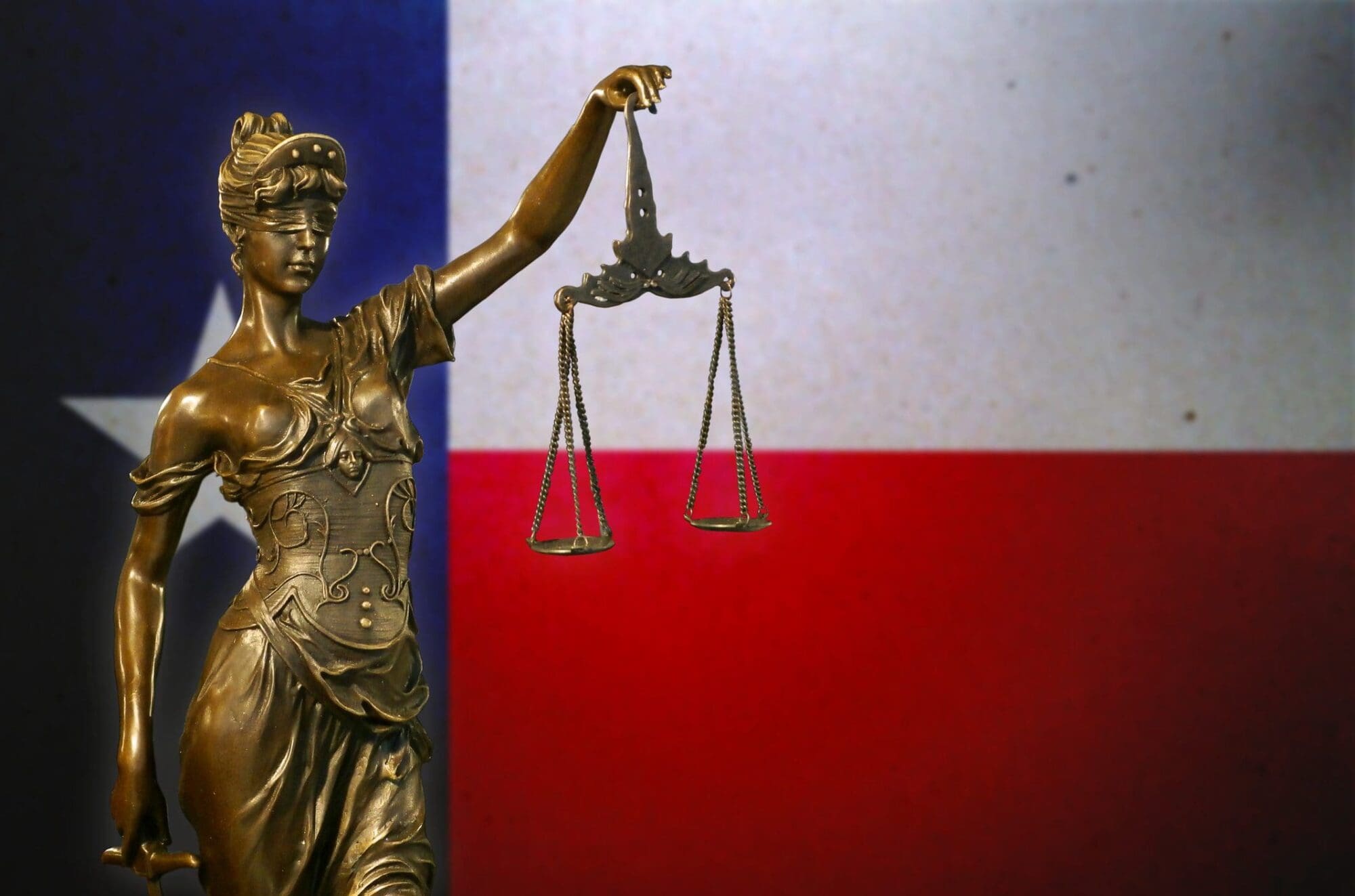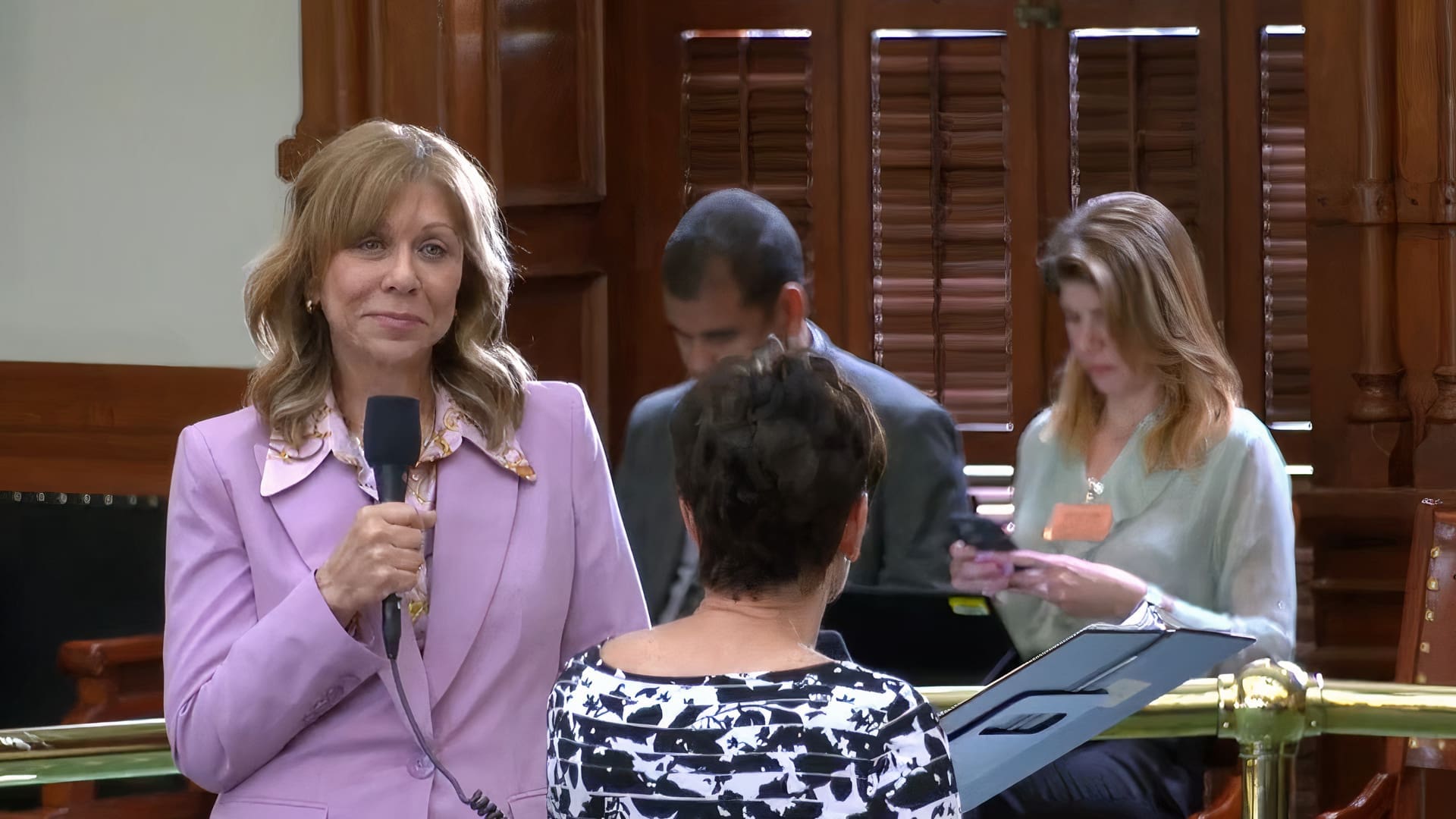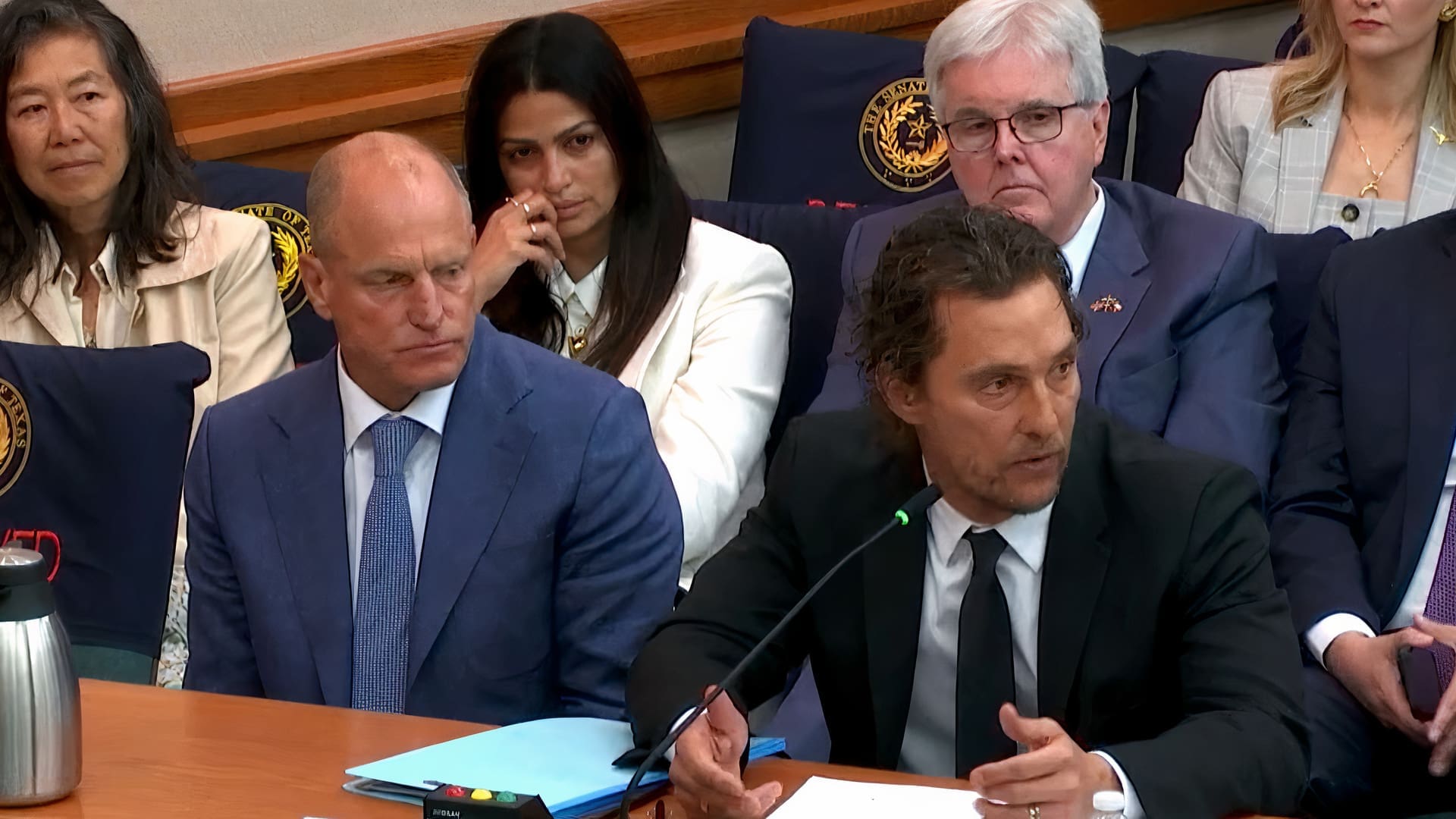Companies relocating to Texas for its favorable business environment, including corporate welfare, is nothing new, but tumultuous times are increasing the scope and scale of this activity.
This week, Wall Street titans Citadel Securities and BlackRock threw their substantial collective weight behind the creation of a Texas Stock Exchange, a Lone Star bid to rival the NYSE and Nasdaq, both headquartered in New York.
Before the contested felony conviction of the presumptive GOP presidential nominee last week, a highly publicized civil ruling was issued against Donald Trump in a case brought by New York Attorney General Letitia James.
Trump was found guilty of the victimless crime of repaying real estate loans on time, a common business practice that James and the New York justice system deemed should cost the former president his business empire.
Following the ruling, businessmen from differing political stripes pledged to withdraw their businesses from the Empire State. The state is increasingly viewed as inhospitable because of the transparent pursuit of political enemies by both the civil and criminal legal systems.
New York isn’t alone in its self-defeating legal pursuits.
Last week, Texas resident and Tesla shareholder Nate Fischer submitted a letter to the SEC supporting the electric car company’s relocation to Texas because, according to Fischer, remaining in Delaware is “no longer tenable.”
Fischer, a critic of rampant lawfare, noted in his letter that “partisan jurisdictions are increasingly weaponizing courts to target their political foes. Not just politicians, but businesses too have become the targets of an increasingly aggressive—and lucrative—partisan lawfare.”
The state of Delaware, long viewed as a safe haven for business formation, struck down Mr. Musk’s shareholder-approved compensation package earlier this year at the behest of a Democrat partisan. Following the decision, Musk posted to X, “Never incorporate your company in the state of Delaware,” and he reincorporated SpaceX in Texas.
Political actors have pursued Musk since his acquisition of Twitter, now renamed X.
Fischer’s letter suggests that more legal actions are contemplated in Delaware. Should shareholders fail to approve a move, “law professors and other activists are apparently salivating at the prospect of Tesla being sued in Delaware yet again.” The new plan, according to the letter, is to claim that approval of Musk’s compensation constitutes corporate “waste.”
The eventual outcome of this shareholder vote will be instructive. Should Texas gain one of the largest companies in the world, it will be what Fischer labels an aligned home for Tesla.
In light of recent rulings, including the felony conviction of Trump and the jailing of Steve Bannon after he was found to be in contempt of a politicized court, it’s worth asking: Can Texas become an aligned home for businesses and safe haven for its own citizens from the left’s legal onslaught?





